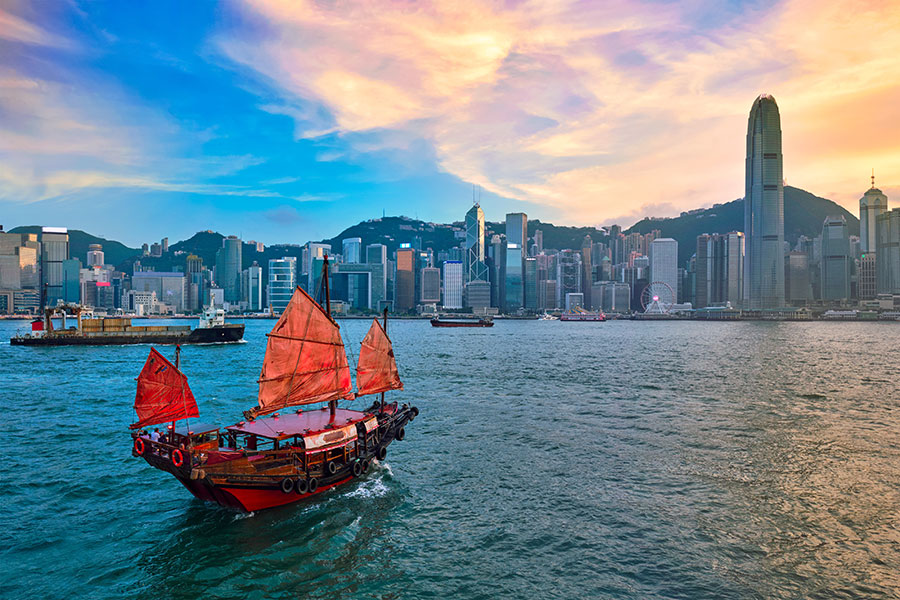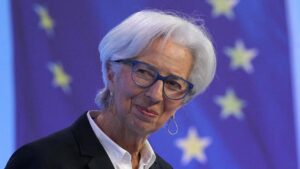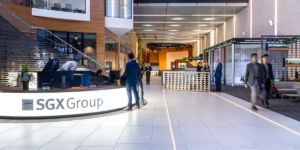Hong Kong, often described as a vibrant fusion of East and West, and renowned for its stunning skyline punctuated by towering skyscrapers, this Special Administrative Region of China boasts a rich history, a thriving economy, a unique cultural identity, world-class shopping, and delectable cuisine all making it an attractive tourist destination.
According to preliminary data from the Hong Kong Tourism Board (HKTB), the number of visitors to Hong Kong in August surged by 14 percent from the previous month, reaching 4.07 million. Out of the 4.1 million visitors in August, a majority of 3.4 million, accounting for 84 percent, originated from mainland China. Nevertheless, this figure still falls short of the pre-pandemic average. In contrast, during August of 2018, the city hosted close to 6 million visitors.
In total, Hong Kong received 20 million visitors during the initial eight months of this year, equivalent to 84 percent of the pre-pandemic volume, which is determined by averaging the figures for the corresponding months in 2017-2019.
The COVID-19 pandemic had a severe impact on the tourism sector in Hong Kong, with the city implementing stringent regulations, including mandatory hotel quarantine at visitors’ expense and multiple COVID-19 tests upon entry, a stance it upheld while other countries globally were easing their restrictions.
The city’s hotel quarantine mandate was only lifted in September of the previous year, with unvaccinated non-residents gaining entry in February. Experts caution that the tourism industry is confronted with a protracted path to recuperation.
In its recent press statement, the HKTB reported that the revival of the city’s tourism sector was progressing steadily, while pointing to “currency exchange rates, airline capacity, and the global economic outlook” as factors influencing the speed of the tourism recovery.
In addition, the post-pandemic economic rebound in mainland China has proven to be less robust than anticipated, as evidenced by a 0.3 percent year-on-year decline in the consumer price index in July, signaling a period of deflation for the world’s second-largest economy.
To further boost tourism, the HKTB announced its plans to host a range of prominent events in the upcoming months, featuring grand evening gatherings such as the Hong Kong Wine & Dine Festival, Hong Kong WinterFest, and Hong Kong New Year Countdown Celebrations, aimed at cultivating a festive atmosphere throughout the city and encouraging both visitors and the general public to take part.
(Source: Tom Grundy | HKFP)









